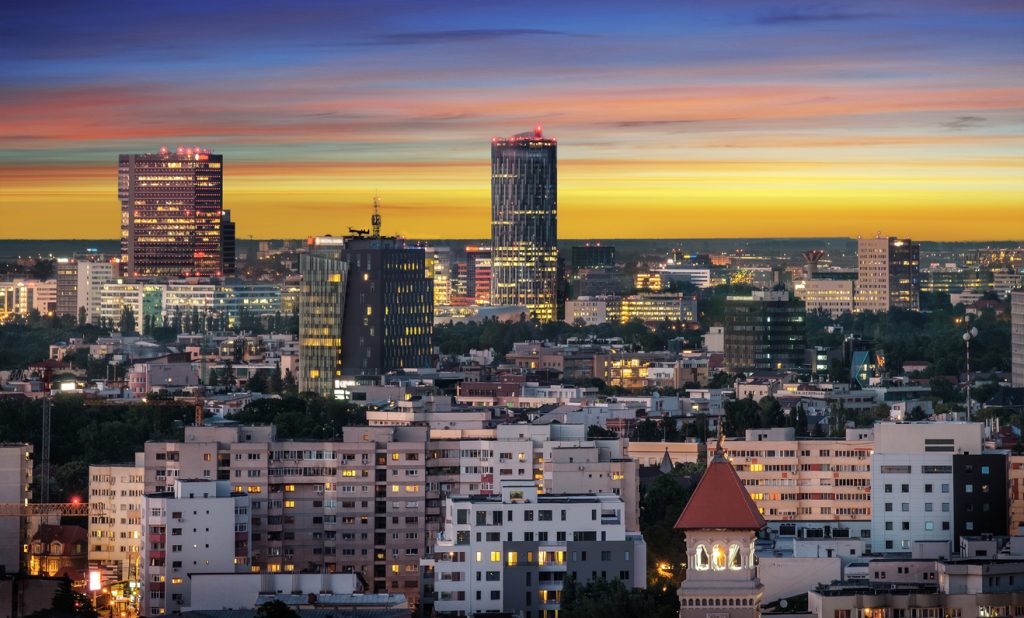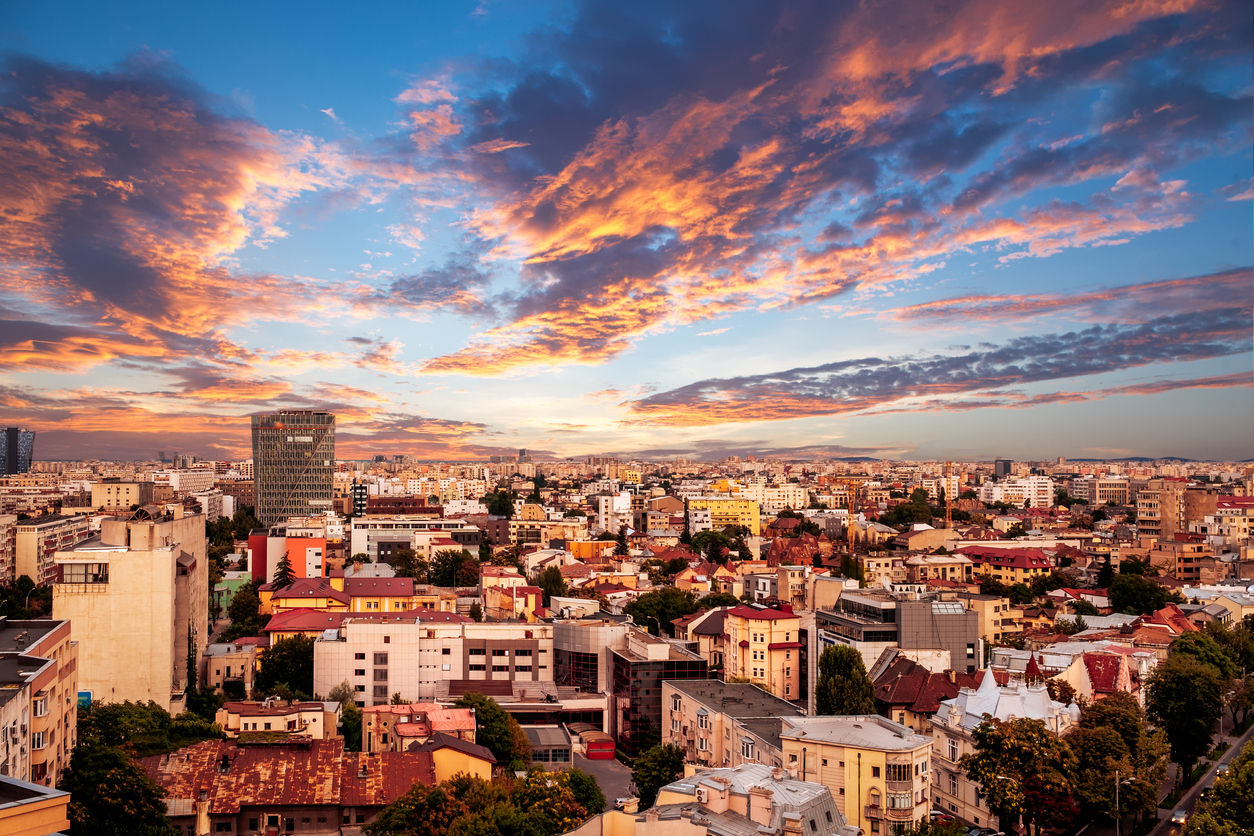Romanian Residence Permit: How to Obtain It and All the Details
Romania, a country strategically positioned at the crossroads of Central, Eastern, and Southeastern Europe, has become an attractive destination for those seeking a new life in the European Union. With its growing economy, vibrant culture, and affordable cost of living, Romania offers ample opportunities for living, working, and studying. Its capital city, Bucharest, is the economic and cultural hub of the country, while other cities also provide unique charms and advantages.

In this comprehensive guide, we will cover everything you need to know about obtaining a Romanian residence permit, including the types of residence visas available, necessary documentation, and the application process. Whether you are planning to move for work, family reunification, education, or simply to enjoy the scenic beauty of Romania, this article will provide all the essential details and more.
What Is a Romanian Residence Permit?
A Romanian residence permit is an official document that allows foreign citizens to live in Romania for an extended period. This permit can be issued for various reasons, including work, education, family reunification, or business activities. Citizens from outside the European Union, such as Turkish nationals, need to obtain a long-term visa (commonly referred to as the “D visa”) before entering Romania, and subsequently apply for a residence permit from the General Inspectorate for Immigration in Romania.
Applying for a Romanian Visa
For most non-EU citizens, obtaining a visa is the first step towards moving to Romania. Turkish citizens, for example, must apply for a visa before traveling to Romania. However, if you possess a valid multi-entry Schengen visa, you can enter Romania without needing an additional visa. Those planning to stay longer than 90 days need to apply for a long-term visa, followed by a residence permit once they are in Romania.
Types of Romanian D-Type Long-Term Visas
The type of D visa you will need depends on your reason for moving to Romania. Below, we outline the various categories and their purposes:
1. Economic Activities (D/AE)
This visa type is intended for individuals who wish to engage in self-employed economic activities in Romania, either within a family business or independently.
2. Professional Activities (D/AP)
The D/AP visa is ideal for those wishing to carry out professional activities on their own, such as lawyers, artists, or freelance professionals. It caters to self-employed individuals with specialized skills seeking to reside in Romania for their work.
3. Commercial Activities (D/AC)
For foreign nationals interested in establishing, managing, or becoming a partner in a Romanian company, the D/AC visa allows for business and commercial activities. It is especially popular among entrepreneurs who wish to take advantage of Romania’s favorable business climate.
4. Employment Purposes (D/AM)
Foreign nationals planning to work in Romania should apply for the D/AM visa. This includes salaried employees, sports professionals, and other individuals who have secured employment with a Romanian employer. The labor market in Romania has seen significant growth, particularly in sectors like IT, construction, and manufacturing.
5. Family Reunification (D/VF)
If you have close family members residing in Romania, the D/VF visa allows you to join them. Eligible applicants include spouses, minor children, and other first-degree relatives who are dependent on the resident.
6. Education Purposes (D/SD)
Romania is a popular destination for international students, and the D/SD visa is issued to individuals seeking to study in Romania. This includes undergraduate, postgraduate, doctoral programs, or even student exchange opportunities.
7. Other Purposes (D/AS)
Individuals planning to travel to Romania for purposes such as medical treatment or remote work may apply for a D/AS visa. Digital nomads, for example, can use this visa to reside in Romania while continuing to work remotely for foreign companies.
Required Documents for a Romanian Residence Permit
To apply for a Romanian residence permit, you will need several documents. The requirements vary depending on the type of visa, but the most commonly required documents include:
- Completed Visa Application Form
- Two Biometric Photos (4×5 cm)
- Proof of Payment for Visa Fee (approximately 120 Euros for 2024)
- Valid Passport (with identification details)
- Travel Health Insurance with coverage of at least 30,000 Euros
- Criminal Record Certificate
- Proof of Financial Means (e.g., bank statements, salary slips)
- Proof of Accommodation (e.g., rental contract or hotel reservation)
For proof of financial means, applicants must show evidence of having at least 50 Euros per day for each day of their stay, or a total of at least 500 Euros. This can be documented with recent bank statements and income verification.
Proof of accommodation is essential as well. This can be in the form of a rental lease, hotel reservation, or an official invitation that states where you will be residing during your stay in Romania.
Application Process for a Romanian Residence Permit
Once you have obtained a long-term visa and have arrived in Romania, the next step is to apply for a residence permit. Applications are submitted to the General Inspectorate for Immigration. The processing time can vary depending on the type of visa you are applying for. Work-related long-term visa applications are typically processed within 20 days, whereas general visa applications may take up to 60 days.
Living, Studying, and Working in Romania
Romania offers an affordable and comfortable standard of living, which is one of the primary attractions for foreigners. Bucharest, in particular, has become a favorite among expatriates for its vibrant cultural scene, low cost of living compared to Western Europe, and excellent infrastructure. Additionally, Romania provides many opportunities for both work and education.
Education Opportunities in Romania
Romania boasts a well-regarded education system that attracts students from all over the world. The country offers a wide range of programs, from medicine to engineering, and the quality of education is supported by international partnerships and a number of scholarship opportunities. Universities such as the University of Bucharest and Babes-Bolyai University in Cluj-Napoca offer both undergraduate and postgraduate programs taught in English.
Work Opportunities in Romania
For those moving to Romania for employment, there are many sectors actively seeking foreign workers. The IT, telecommunications, construction, and finance sectors are particularly promising. The government also offers incentives to foreign investors and companies, making it an attractive destination for entrepreneurs and professionals looking to advance their careers.
Digital Nomads and Remote Work
The D/AS visa is ideal for those who want to work remotely while enjoying life in Romania. Digital nomads who wish to apply must prove that their monthly income is at least three times the average gross monthly wage in Romania, ensuring that they can sustain themselves comfortably during their stay.
Travel Opportunities with a Romanian Residence Permit
Romania is an EU member state, but it is not yet part of the Schengen Zone. Therefore, a Romanian visa does not allow you to travel to Schengen countries without a separate visa. However, Romanian residence permit holders can travel visa-free to Bulgaria, Cyprus, and Croatia, providing access to a range of European destinations.
Purchasing Property in Romania and Residence Permit
Unlike some countries that offer a residence permit based on property purchases, Romania does not grant residency solely based on property ownership. However, foreigners can still buy property in Romania and may apply for a residence permit based on other criteria. Bucharest, Cluj-Napoca, and Timisoara are popular destinations for property investment, offering affordable housing compared to other European capitals.
Conclusion
Obtaining a Romanian residence permit provides an opportunity to experience life in one of Europe’s most vibrant and affordable countries. Whether your goal is to work, study, reunite with family, or simply enjoy the rich culture and lifestyle that Romania offers, there are a variety of visa options to suit your needs. With strategic preparation and the right documentation, you can easily navigate the process of getting a residence permit and begin your new life in Romania.
If you’re considering a move to Romania and need further information on related topics, such as finding accommodation, navigating health insurance options, or the cost of living, feel free to explore our other articles.

